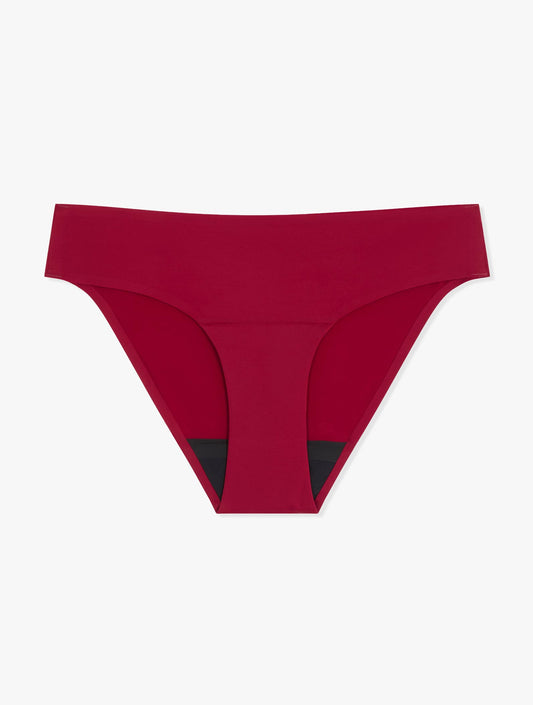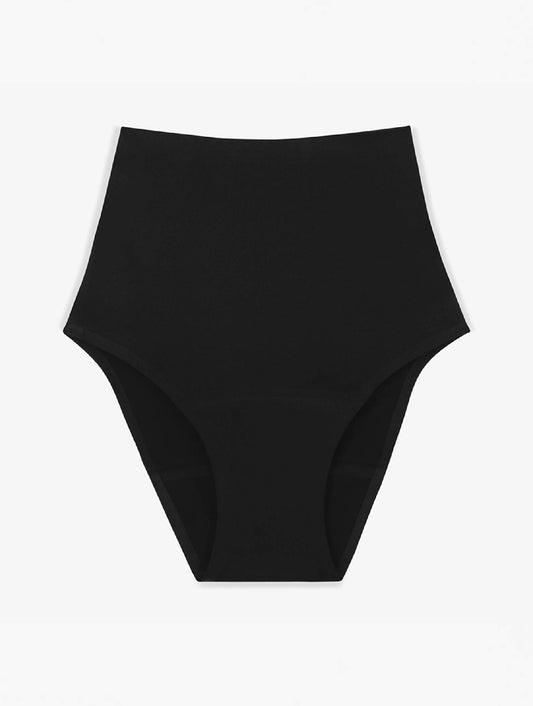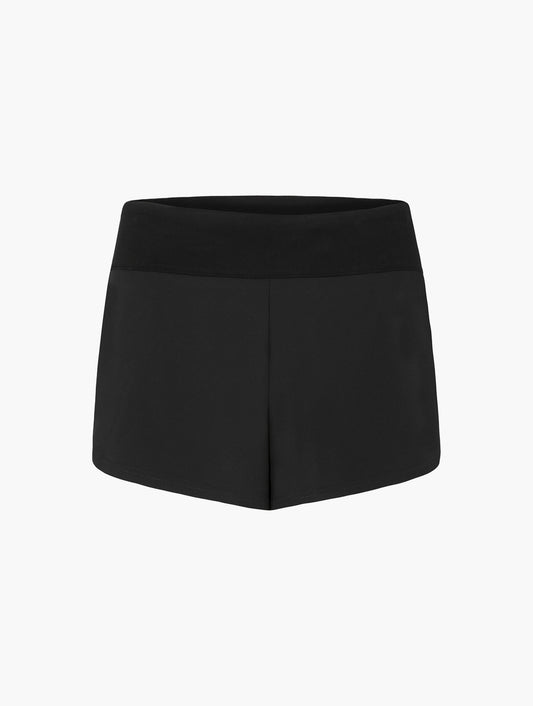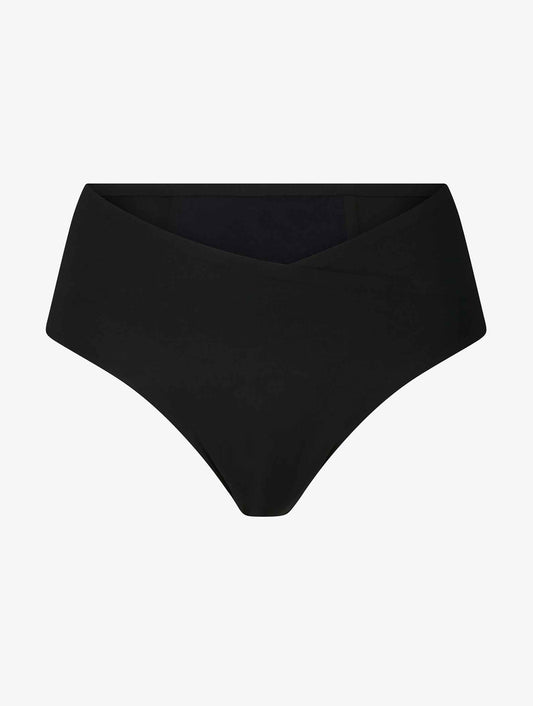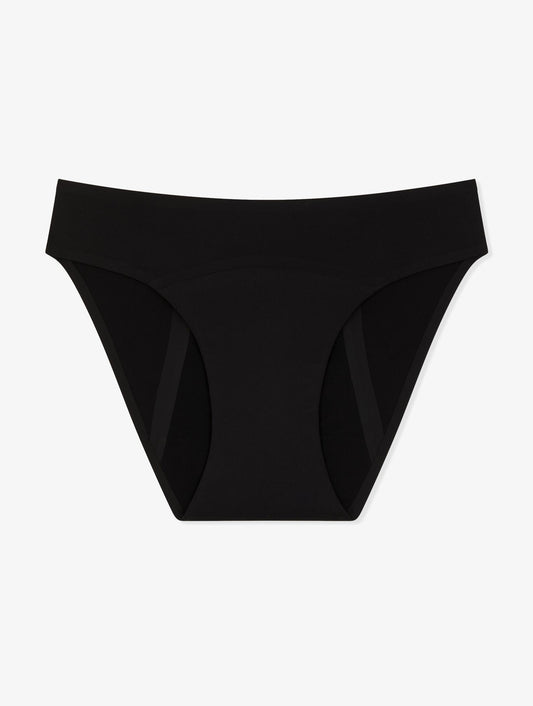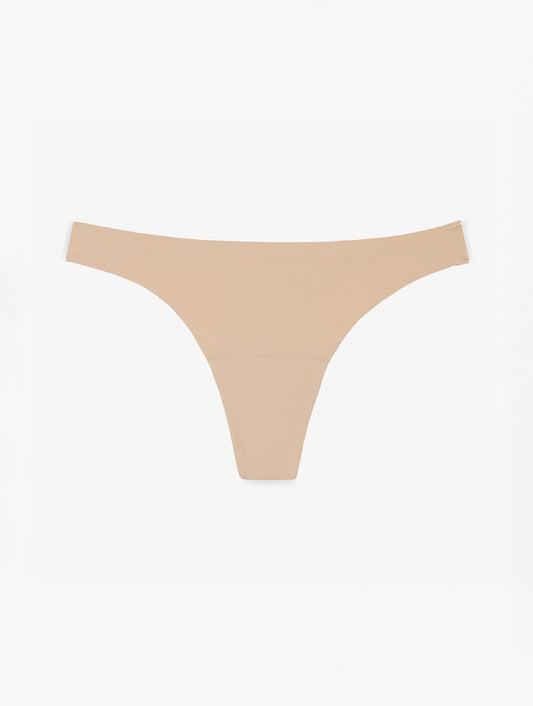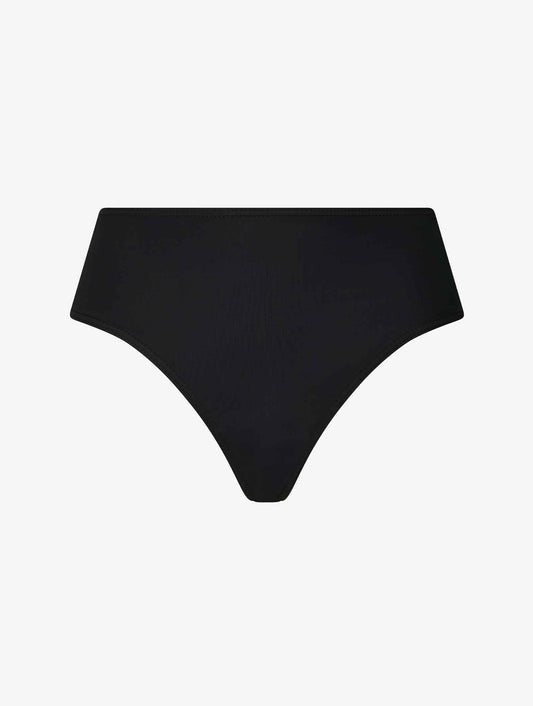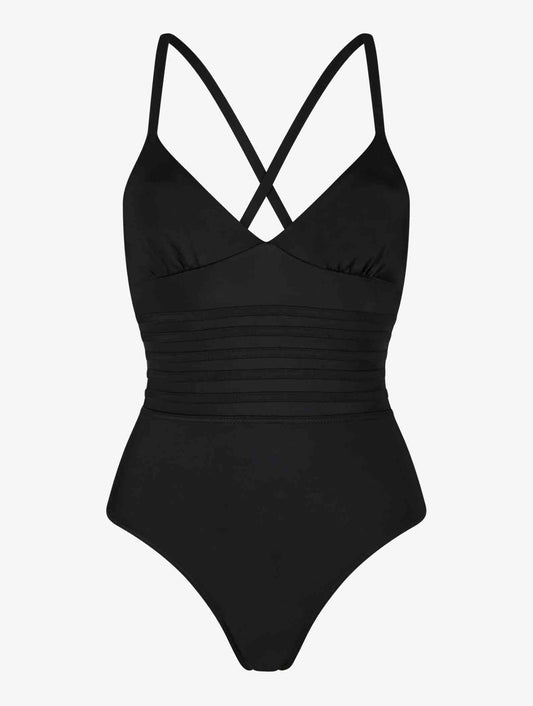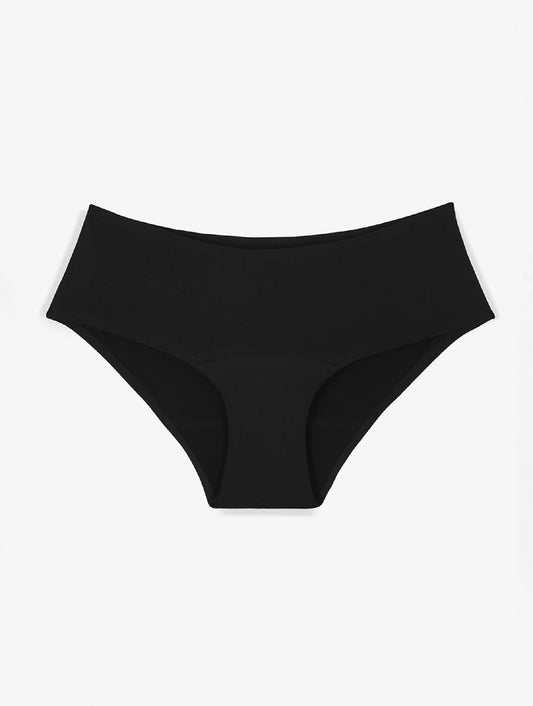Being a feminist: what does it mean in 2022?
Feminism - Larousse definition: Militant movement for the improvement and extension of the role and rights of women in society.
Simone de Beauvoir, Les Femens, Virginie Despentes, Beyoncé… Often stigmatized as troublemakers or retrogrades, feminists nevertheless have many faces. Some, well some are even men. Something to twist inclusive writing. But what does it mean to be a feminist today? What battles remain to be waged for women's rights or simply their place, at home and in the world? A brief look back at the history of feminism and its current state.

Aquila cotton menstrual panties
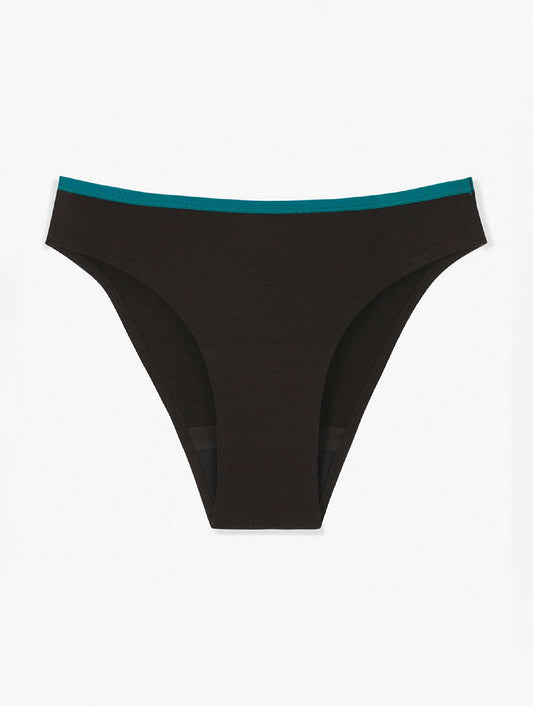
Ara cotton menstrual panties
A little history...
Feminism is not new. Already in Antiquity, the poetess Sappho claimed the place of women in her love poems, which she wrote from the island of Lesbos (Greek island which gave the term lesbian). In the Middle Ages, the Venetian writer Christine de Pizan fought against the widespread idea that knowledge perverted women. In France, it was the Revolution that opened the ball with Olympe de Gouges and her Declaration of the Rights of Women. Then come the struggles for the right to vote and the right to education. We also talk about the first feminist wave. Then those denouncing the inequalities of laws and roles in society, and addressing sexual freedom. This is the second wave. Today, among other things with the #Metoo movement, feminism is stronger than ever.
Being a feminist today
Often perceived as outdated and disturbing, feminism has become a marketing product. At Dior, you can buy a “We should all be feminists” t-shirt – a reference to the Nigerian writer Chimamanda Ngozi Adichie – for 550 euros… And that's just an example. Some feminist videos are also viral on social networks, such as the recent "Be a Lady they said" which lists the injunctions made to women about their physique and their dress, and we can witness public positions taken in the middle of the Oscars ceremony. , like that of Florence Foresti leaving the room when the appointment of Roman Polanski was announced. No, feminism is not an archaic movement.
Feminism takes many forms: intersectional, ecofeminism, egalitarian feminism, feminism of difference, radical feminism, transfeminism... There is not one but a thousand ways of being a feminist, going through the different currents, the different countries and the actions taken.
Whether or not we adhere to these movements, we cannot deny that inequalities between the sexes persist in the West and in the rest of the world, and that sexism and violence against women have never ceased to exist. Here is a non-exhaustive list of the battles that remain to be fought.
One in two women victim of sexism
This is confirmed by a report published in January 2019 by the High Commissioner for Equality.
A woman raped every 9 minutes
...In France. So imagine in the rest of the world. In addition to rape, there is domestic violence , even feminicide. In Japan, manga conveys the idea that rape is sexy. In Turkey, a law risks legitimizing the rape of minors in exchange for (forced) marriage.
Wages still unequal
Fewer positions of responsibility, part-time and different salaries for equal work. Yes still today.
Not the same rights
When they demonstrate for their rights - such as getting a driver's license in Saudi Arabia, or not wearing the veil in Iran - some women still end up imprisoned or stoned.
The right to abortion or female contraception is never a given. Think back to Spain in 2010, or the President of the United States, the deeply misogynist Donald Trump, who marched against abortion. Let us remember that thousands of women still undergo excision. And that in India, the belly trade ban is still just a bill.The ban on disposing of one's body
The persistent taboo on menstruation
In the 21st century, menstruation is still taboo, making women feel ashamed or even impure in some countries where they have to stay at home during this period. It is even a deschooling factor! In terms of hygiene, periodic protection , which is too expensive, is not accessible to everyone.
By Elise














